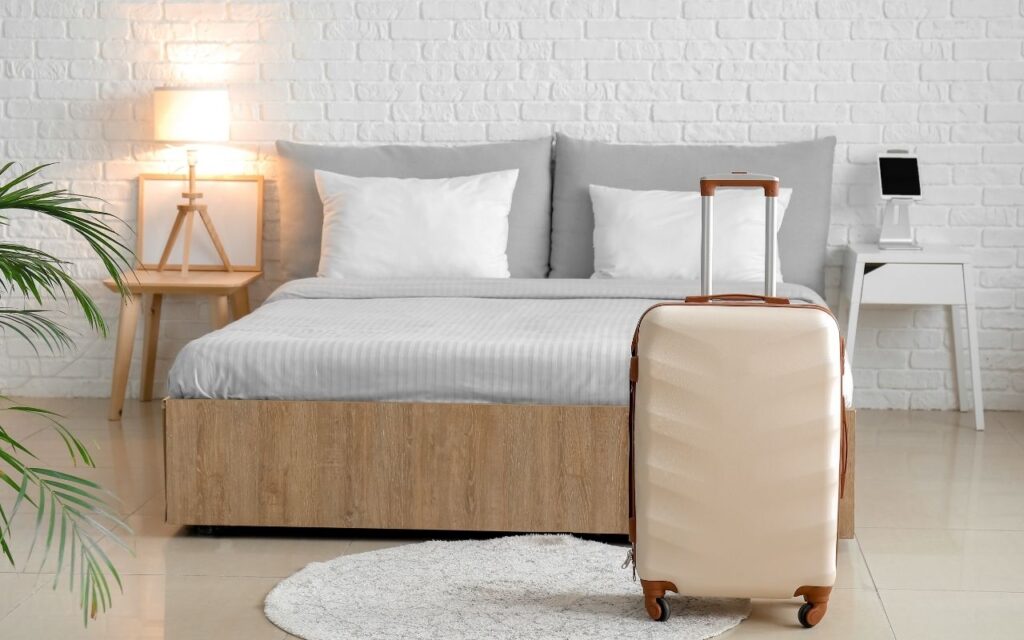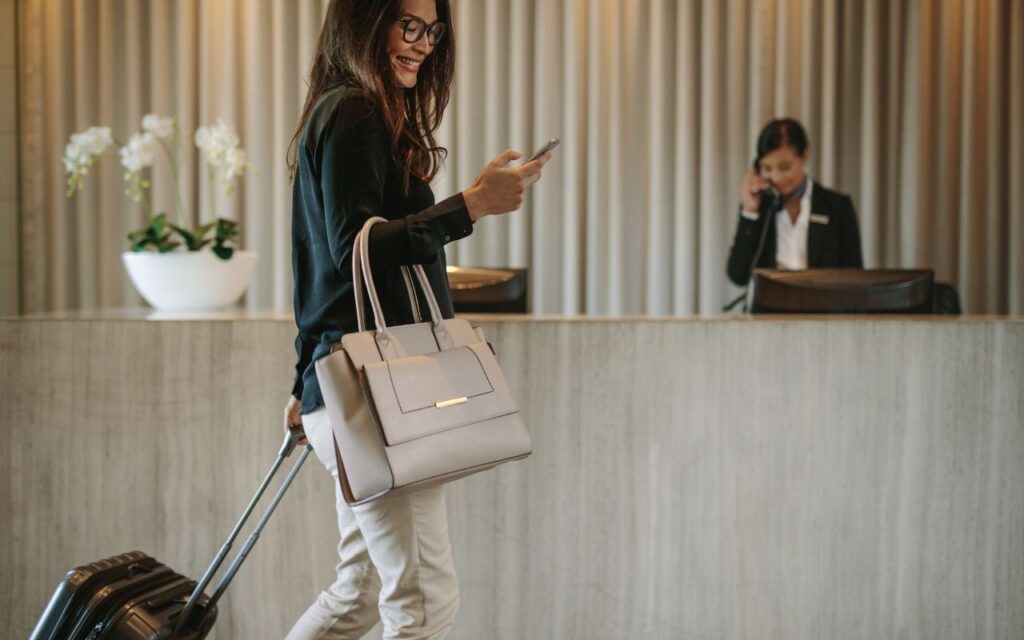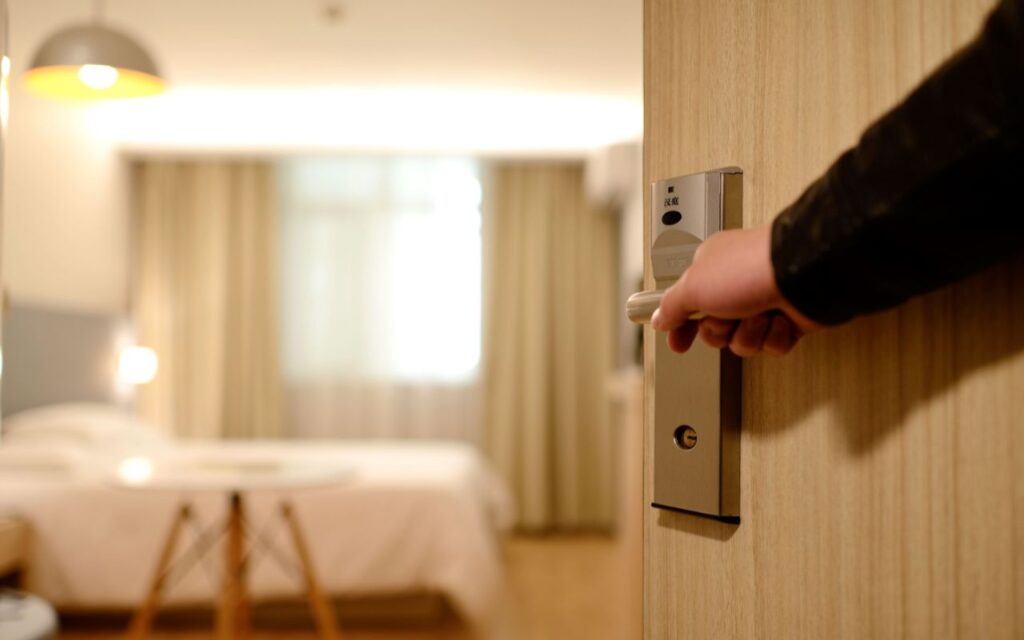Learn how AI agents are revolutionizing hotel guest communication with 24/7 support, multilingual messaging, task creation, and more.
How to Write the Perfect Hotel Welcome Message (+ Templates)
Learn how to write the perfect hotel welcome message for guests. Boost satisfaction and personalize at scale with templates and tips.
How to Automate Hotel Guest Communication Without Losing the Human Touch
Struggling with how to automate hotel guest communication? Use an AI agent to handle FAQs, speed up replies, and keep messaging personal.
7 Guest Communication Mistakes That Could Be Costing Your Hotel Bookings
Learn the biggest guest communication mistakes hotels make, and how AI agents can help you fix them to increase bookings, loyalty, and revenue.
The Hidden Cost of Slow Replies (and How AI Agents Solve It for Hotels)
See why instant replies are essential for hotel guest communication and how AI agents help deliver fast, personalized service 24/7.
AI Agents for Hospitality: What Every Hotel General Manager Needs to Know
A complete guide to AI agents in hospitality: what hotel GMs need to know to improve efficiency, guest service, and revenue in 2025.
11 Hotel Guest Communication Tips to Keep Guests Coming Back
Turn every stay into a 5-star experience with these hotel guest communication tips guests will love.
How to Improve Guest Experience in Hotels: 15 Proven Strategies for 2025
Discover how to improve guest experience in hotel settings with 15 proven strategies to boost reviews, loyalty, and revenue effortlessly.
Agentic AI for Hotels: What It Is and Why It’s Your Next Competitive Advantage
Learn how AI agents are transforming hotel operations, automating tasks and freeing up staff for what matters most.
How to Create an Airbnb Welcome Book (+ Free Template)
Build a professional Airbnb welcome book with our free template. Easy to follow, simple to customize, and guest-approved.










